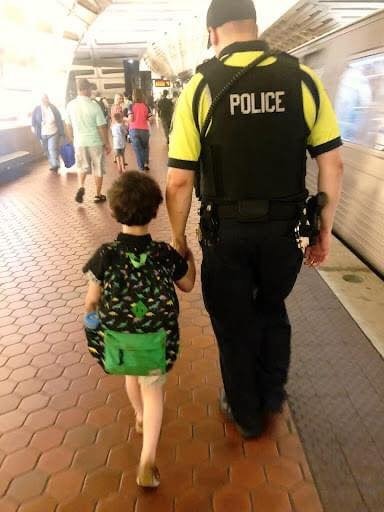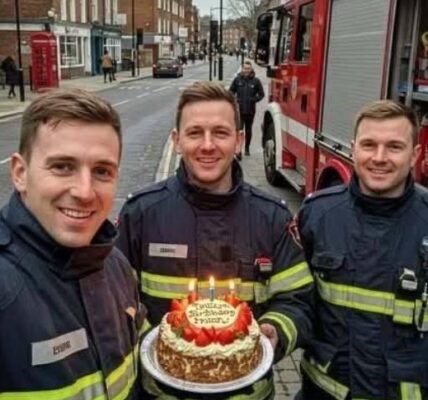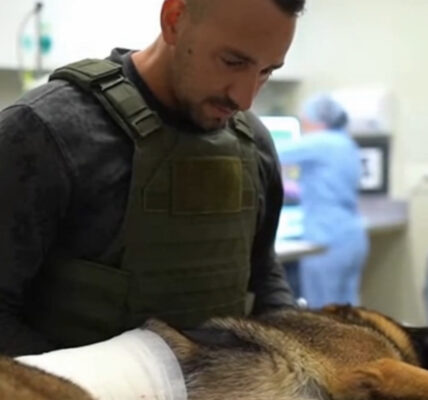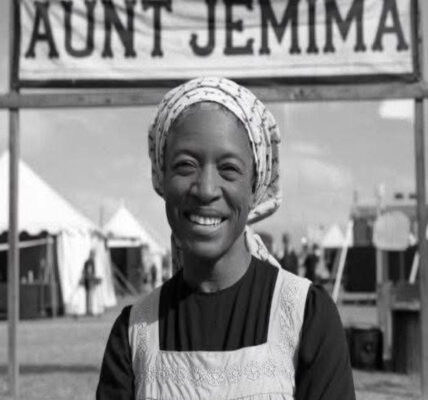
Riding the metro is part of our everyday routine. For my son Andrew, who is on the autism spectrum, it’s usually manageable as long as I keep him occupied with his iPad, some fruit snacks, or candy. Most days, that’s enough to get us through the 45-minute ride. But as any parent of a child with autism knows, not every day is a good day.
This day was one of the hard ones.
Andrew wanted to get out of his seat, run up and down the aisles of the moving train. I tried everything—snacks, soothing words, distractions—but after 20 minutes, his frustration tipped over into what I call “the point of no return.” A full meltdown. He rolled on the floor, screaming, kicked off his shoe and flung it. I crouched down beside him, in a dress, on the filthy metro floor, trying desperately to calm him while strangers stared. Some looked away. Some looked at me like I was a bad parent. And Andrew, noticing the attention, only escalated.
In tears, I blurted out what I often say in these moments: “I’m so sorry, he has autism!” But the stares didn’t stop. By the time we got off at Gallery Place, one stop too early, Andrew was on the station floor, covered in black dirt, kicking, pulling my hair, refusing to get back on the train. I was exhausted, humiliated, and on the edge of breaking.
That’s when I saw someone walking toward us. Panic hit me—I braced for judgment. Instead, it was a Metro Police Officer.
Andrew froze, mid-kick, just staring. The officer knelt down and gently asked if I needed help. I explained everything in a rush—how this wasn’t even our stop, how we still had 30 minutes to go, how nothing I tried was working. He didn’t hesitate. “Okay,” he said, “I’ll come on the train.”
I thought he meant just down the escalator. But no—he meant the whole way.
He started talking with Andrew, showing him the gadgets on his vest. Then, with a smile, he peeled off his Velcro badge and said: “Do you want to be a policeman with me? Help me do police work on the train?”
Andrew’s eyes lit up. He said yes.
From that moment, everything changed. The officer rode the entire metro home with us—thirty minutes, multiple stops. At every station, he held Andrew’s hand. On the train, he sat beside him, watched his silly videos, even pulled faces in Instagram filters just to make Andrew laugh. He didn’t just escort us home. He gave my son a new identity for the day: not a struggling little boy, but a police helper with his very own badge.
By the time we reached Ballston, Andrew was calm, smiling, proud. For once, the metro wasn’t a battle. It was an adventure.
That officer—later identified as Officer D. Case of the Washington Metropolitan Police Department—went completely out of his way for a child he didn’t know, and for a mother who was falling apart on a station floor. He gave us dignity in a moment when I felt nothing but shame. He restored my faith in humanity, proving that compassion can still cut through judgment and noise.
I didn’t get his name at the time. All I saw was “D. Case” on his vest. But thanks to the outpouring of support after I shared our story, we’ve since connected, and a reunion may be on the horizon.
I will never forget the sight of my son clutching a police badge with pride, or the kindness of a stranger who refused to walk past our struggle. To Officer Case: thank you. For your patience, your humanity, and for making Andrew’s day—maybe even his whole year. You turned what could have been our worst commute into a memory of hope.




